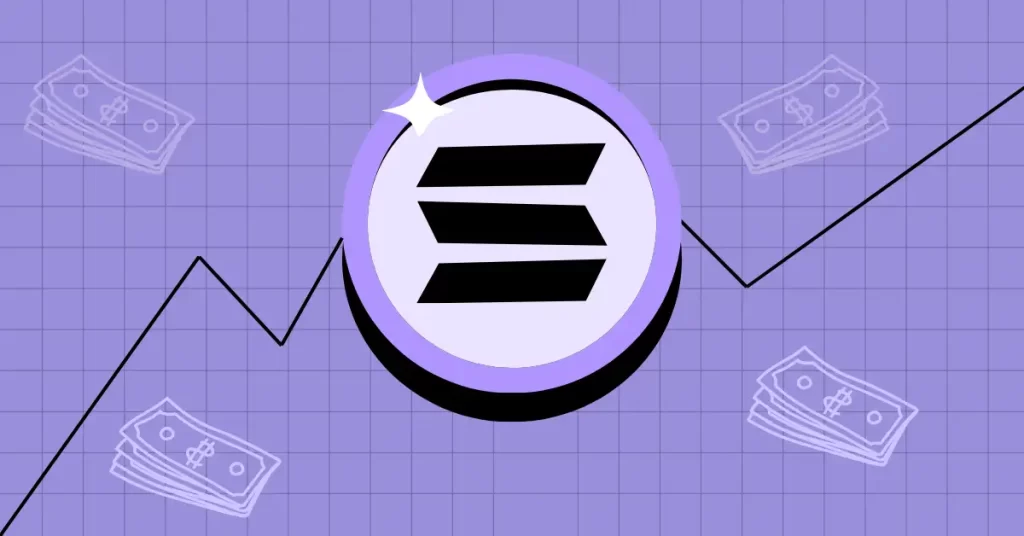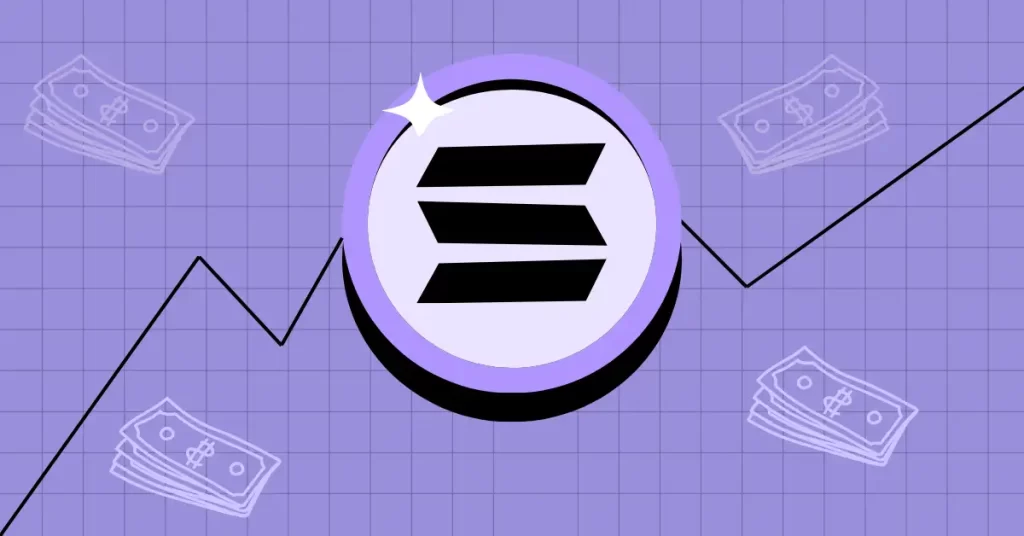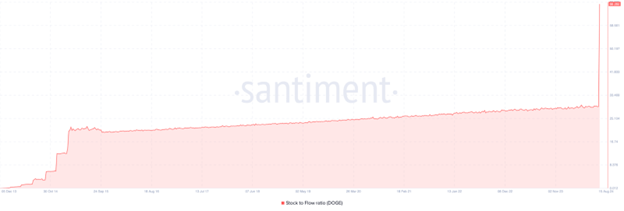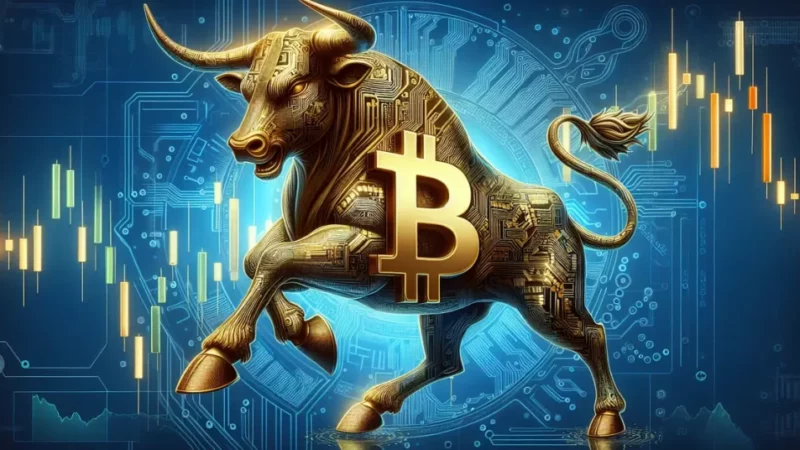Solana Spot ETFs Face Setback as US SEC Rejects 19b-4 Applications By Cboe


The post Solana Spot ETFs Face Setback as US SEC Rejects 19b-4 Applications By Cboe appeared first on Coinpedia Fintech News
While the Bitcoin ETF and the Ethereum ETF managed to get approvals from the US SEC, the Solana spot ETFs might not see a green light anytime soon as the US SEC has reportedly rejected two 19b-4 applications submitted by CBOE (Chicago Board Option’s Exchange) on behalf of the prospective Solana Spot ETF issuers, VanEck, and 21Shares.
SEC Rejects 19b-4 Applications By CBOE
The SEC’s decision came after discussions with the issuers, focusing on concerns that Solana should be classified as a security. SEC has reiterated its stance that Solana should be classified as a security in multiple court cases.
The 19b-4 forms are typically filed by exchanges, such as CBOE, on behalf of issuers. These filings are crucial because, if accepted and placed in the Federal Register, they initiate the SEC’s approval process. In contrast, the S-1 registration statement, filed directly by issuers, does not trigger any specific deadlines.
However, due to the SEC’s rejection of the 19b-4 forms, they never entered the Federal Register, effectively halting the process before it could begin, which led to the withdrawal of the forms from Cboe’s website.
VanEck Remains ‘In-Play’
21Shares and VanEck are the companies currently pursuing Solana ETFs. while 21Shares S-1 forms is no longer visible in the SEC’s EDGAR database, it has taken a step back. However, VanEck’s S-1 form remains active, with the company’s head of research, Matthew Sigel, confirming that it ‘remains in play’. It’s worth noting that VanEck thinks SOL is a commodity, similar to Bitcoin (BTC) and Ethereum (ETH).
While the 19b-4 rejections were a setback, it could be refiled or amended with stronger arguments that Solana is not a security shortly.
Mathew Sigel Underscores Strong Commitment
Mathew Sigel had explained that “This belief is informed by evolving legal perspectives, where courts and regulators have begun to recognize that certain crypto assets may function as securities in primary markets but behave more like commodities in secondary markets.” He also underscored that over the past year, Solana has made substantial progress in decentralization.
“We remain committed to advocating this position alongside our exchange partners to the appropriate regulators,” he added.
First SOL ETF Set To Go Live In Brazil
Meanwhile, the first Solana-based exchange-traded fund is all set to go live in Brazil. Roughly two weeks ago, the Brazilian Securities and Exchange Commission (CVM) approved the investment vehicle. The SOL ETF is in a pre-operational phase, so it has yet to be approved by the Brazilian stock exchange, B3. Brazil’s move has sparked hope among the crypto community of a similar course in the U.S.



